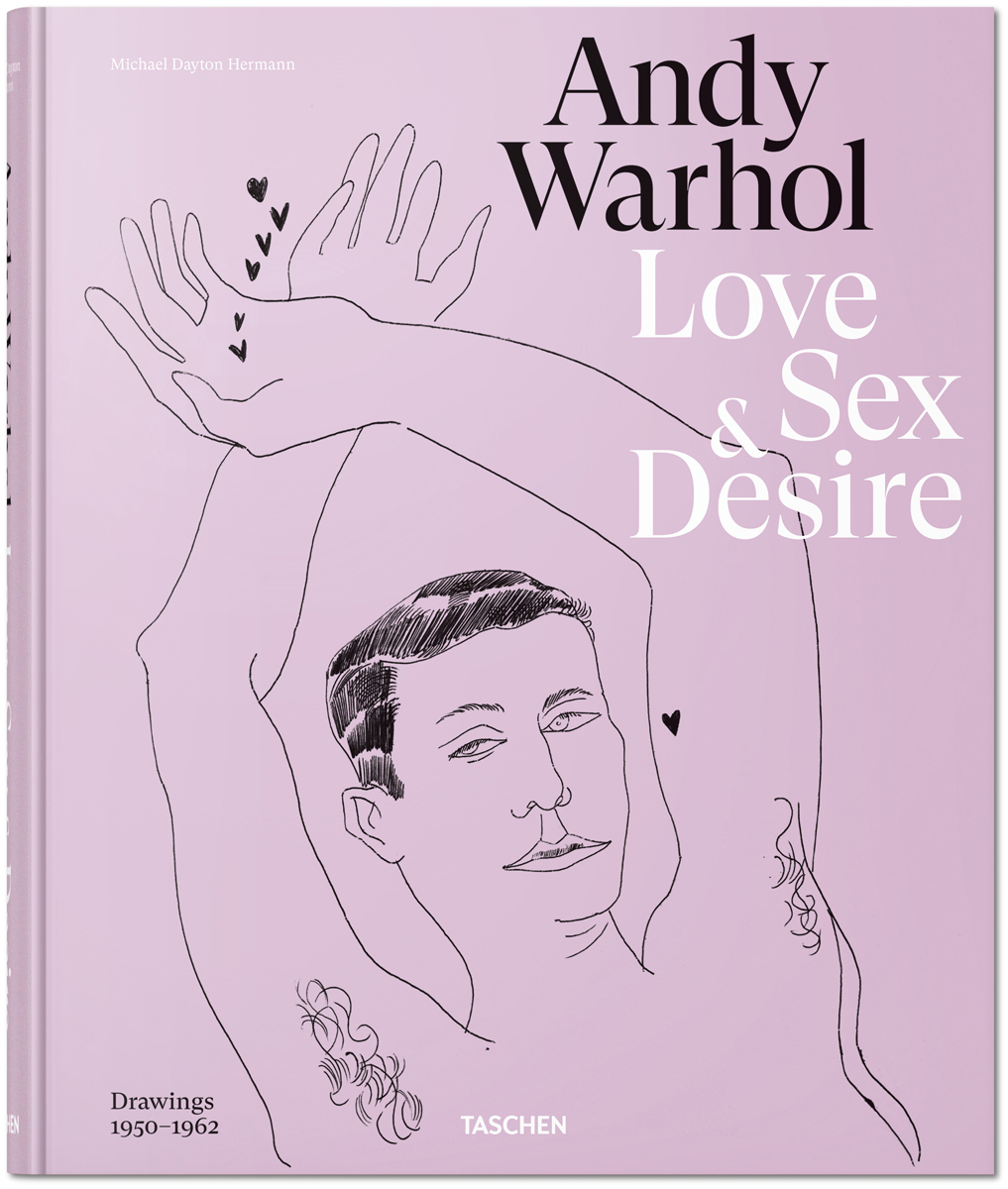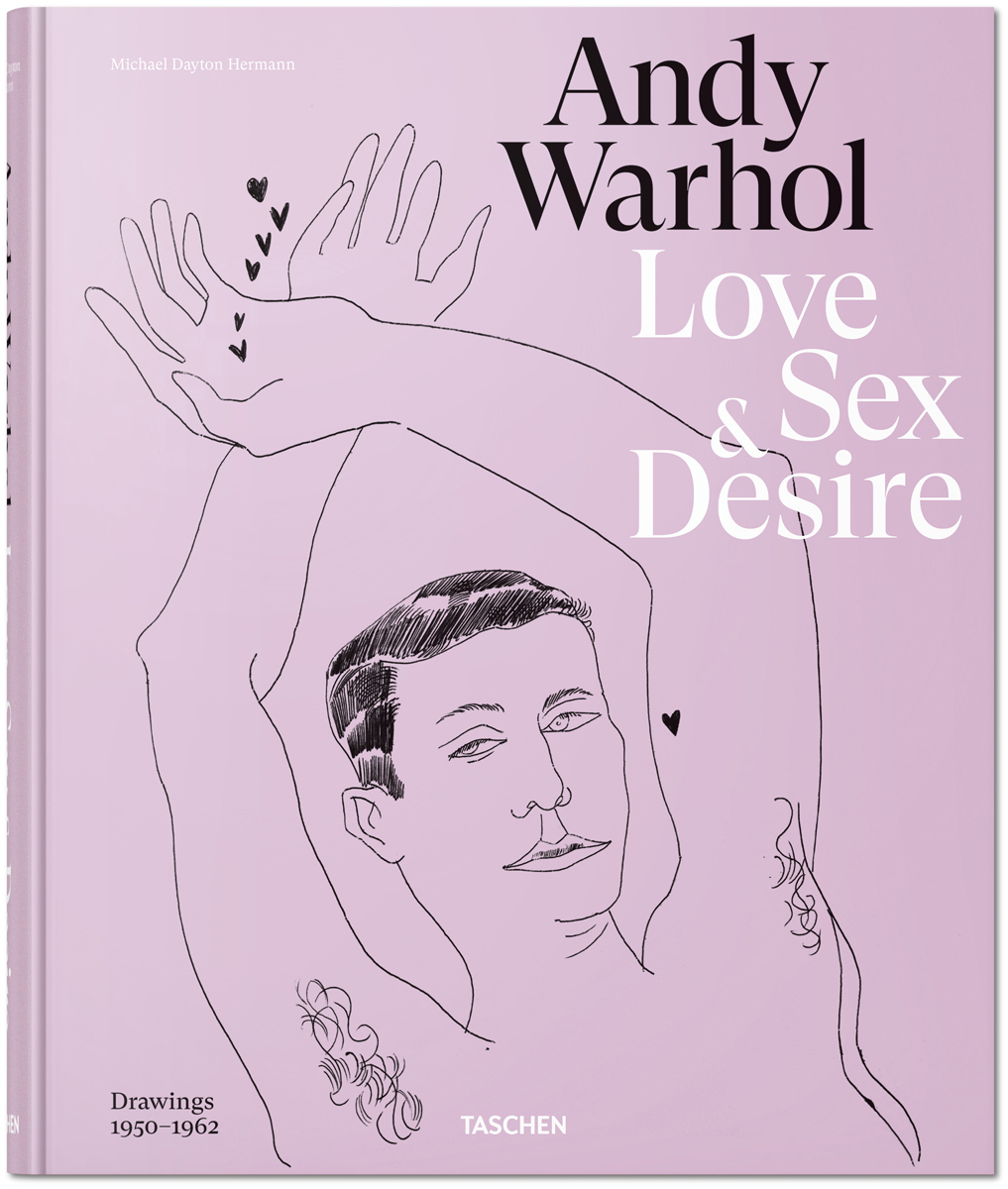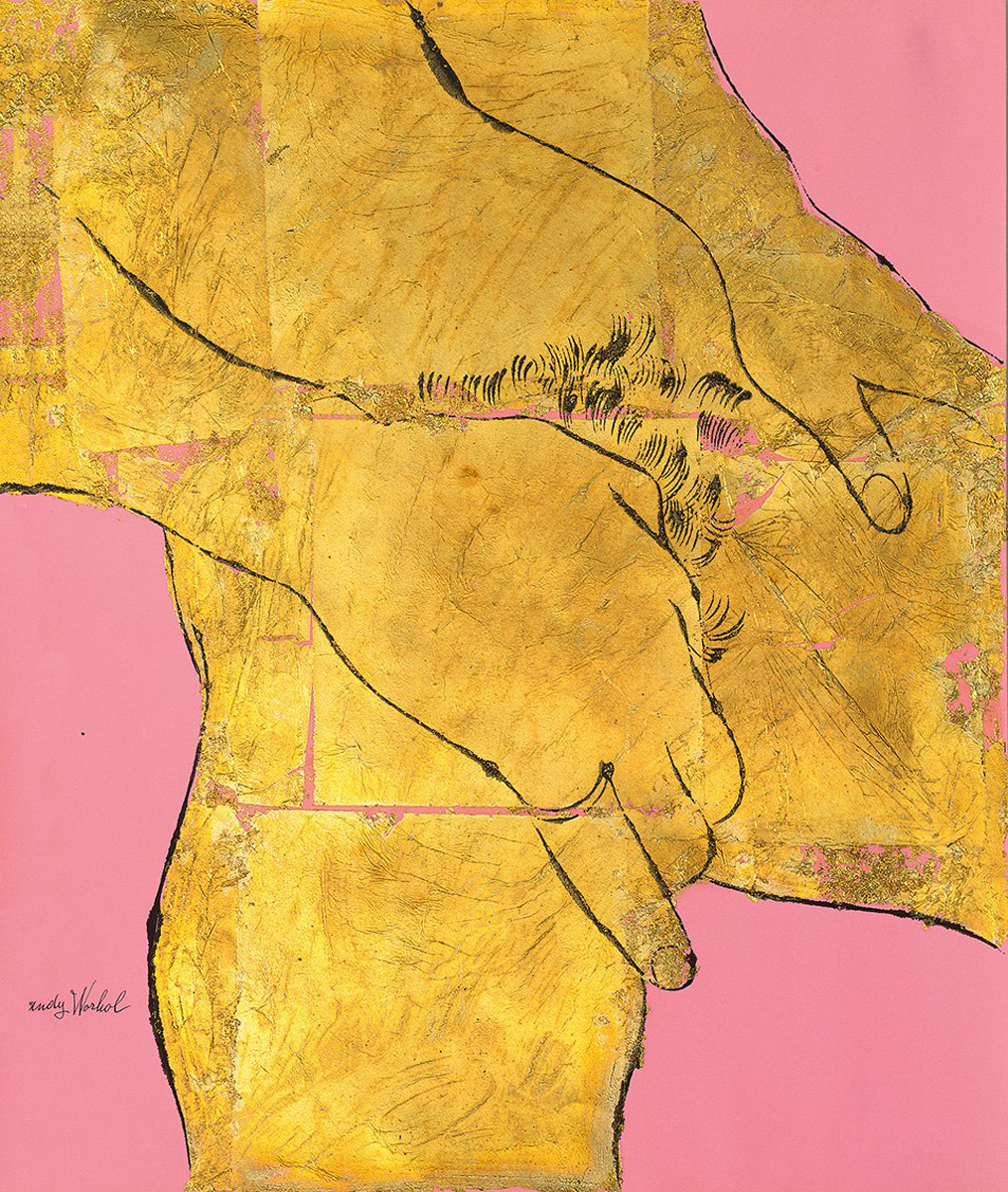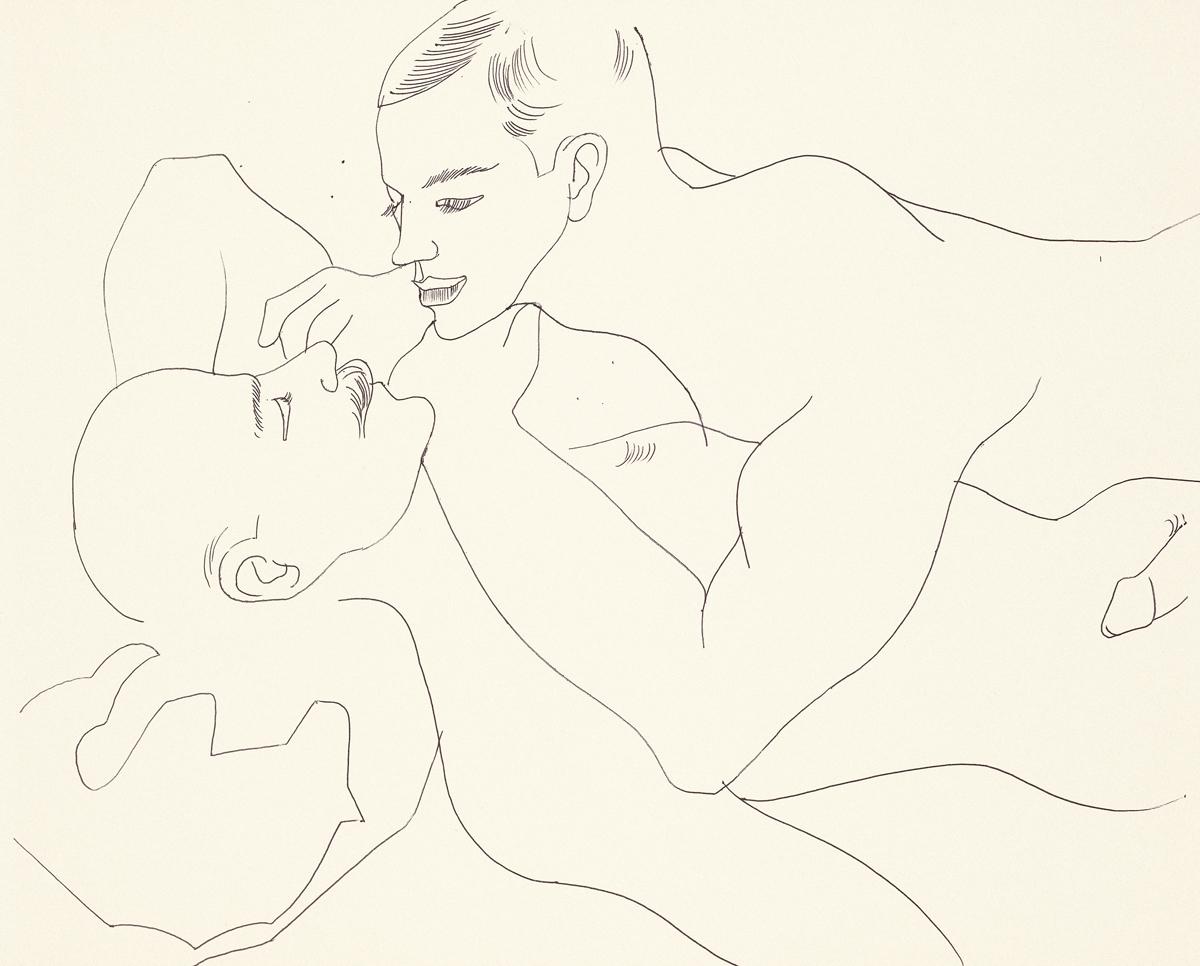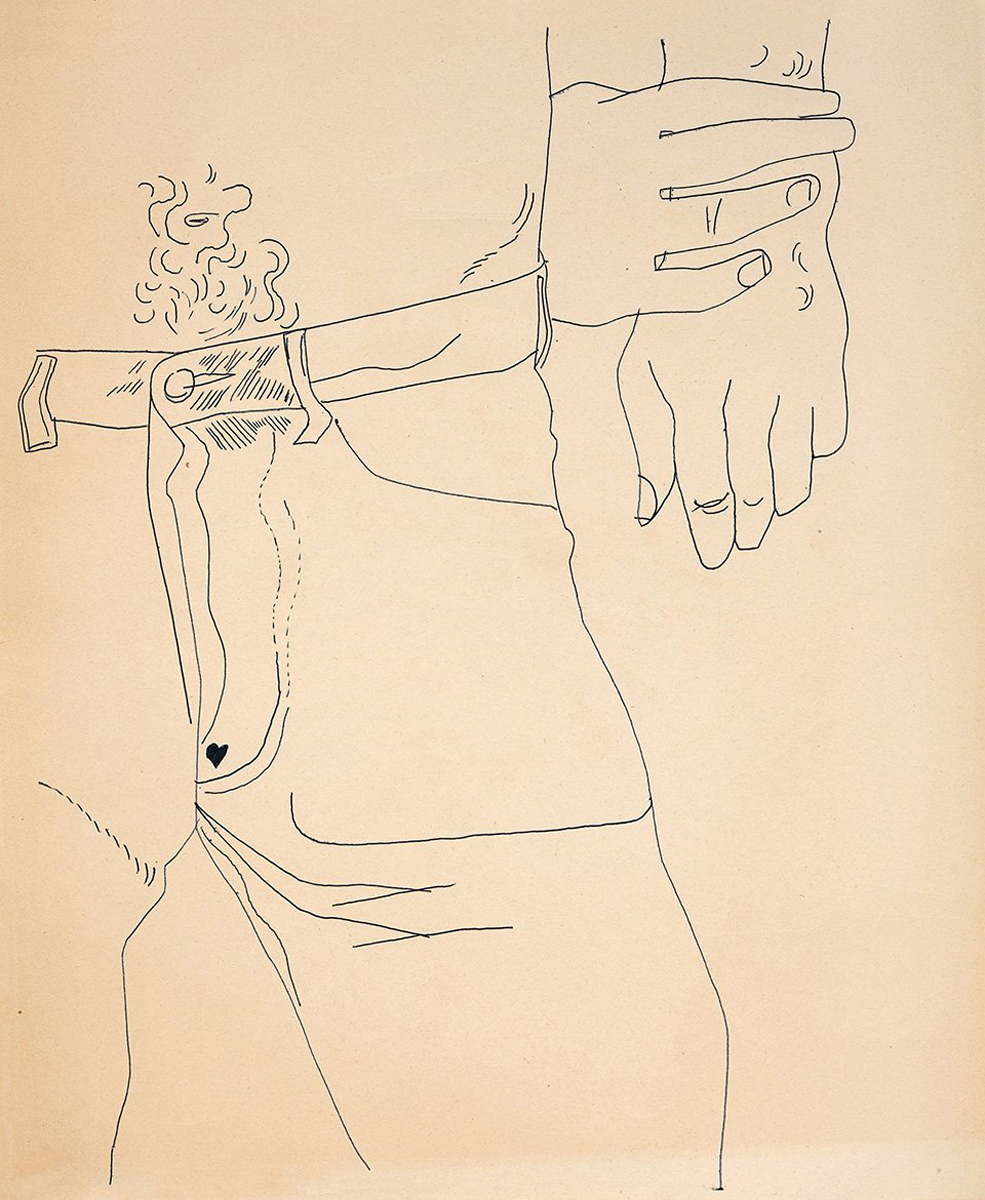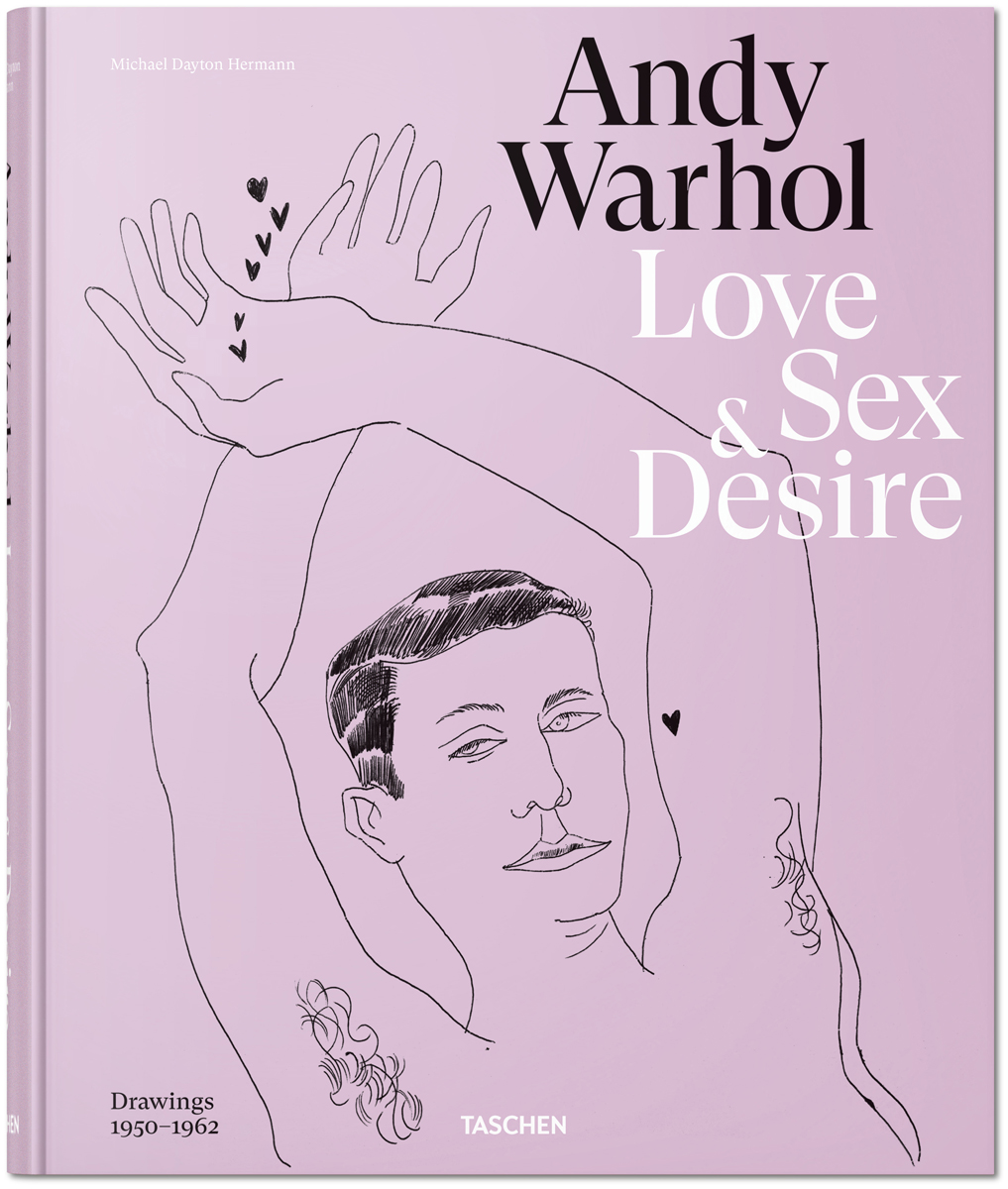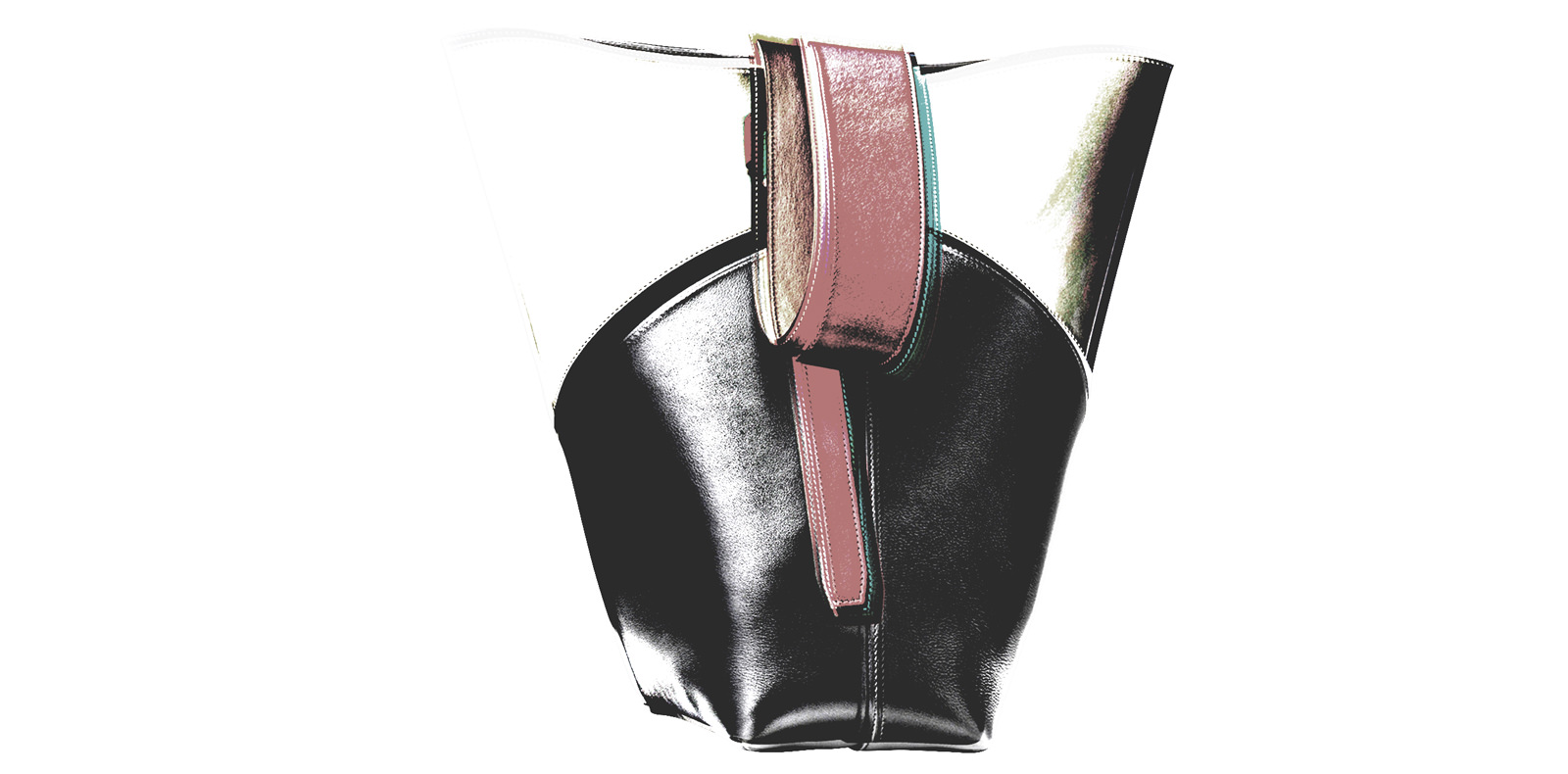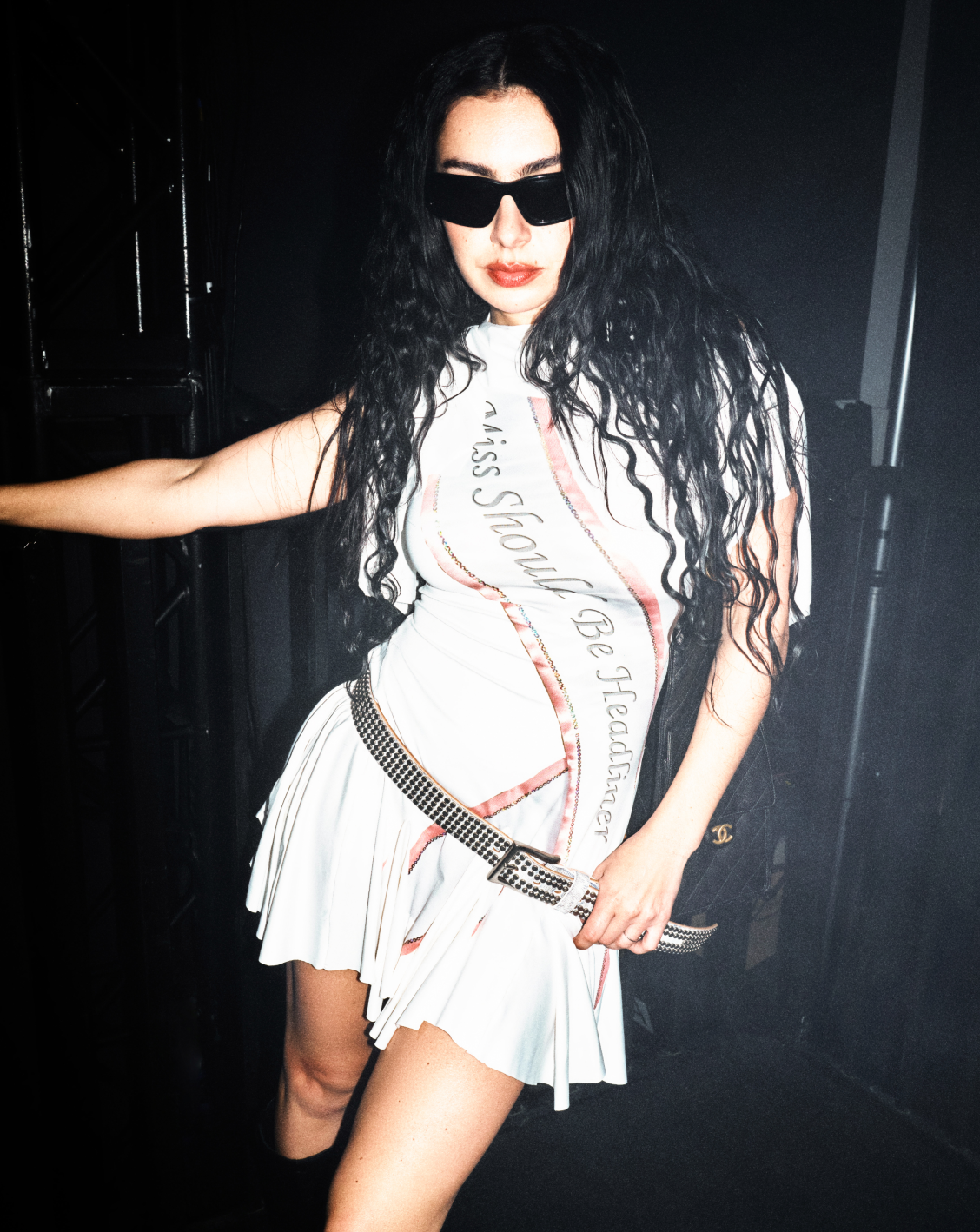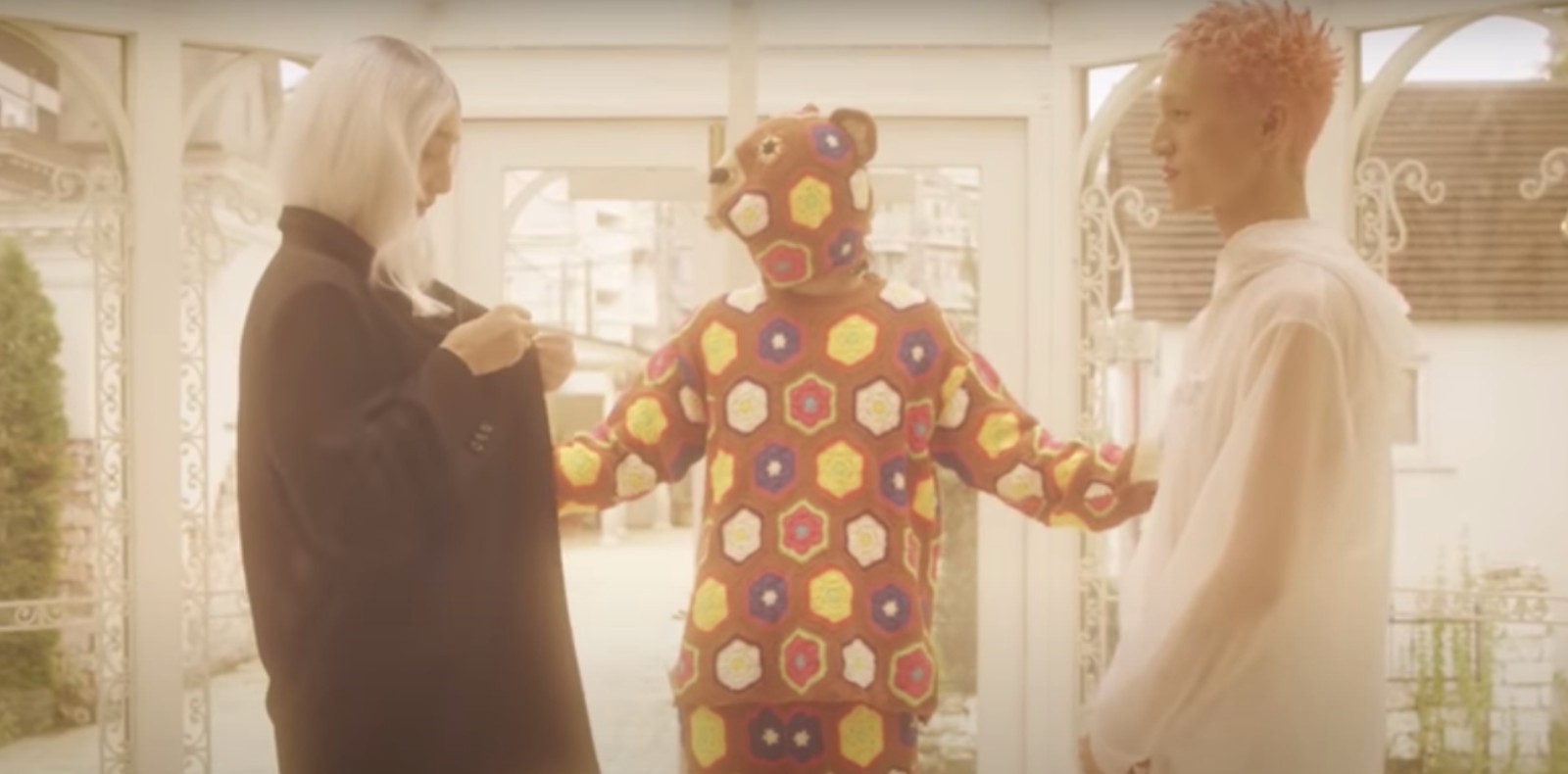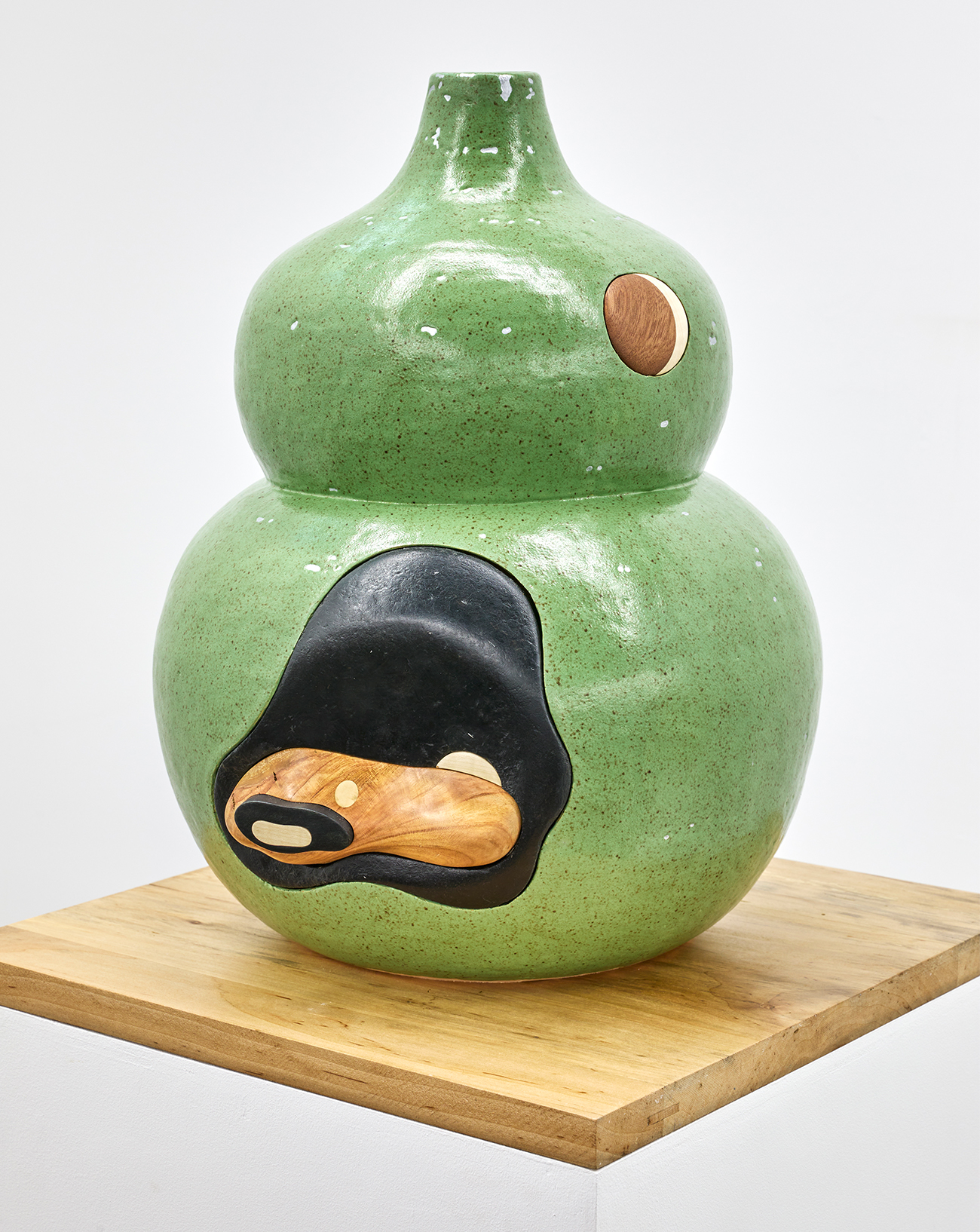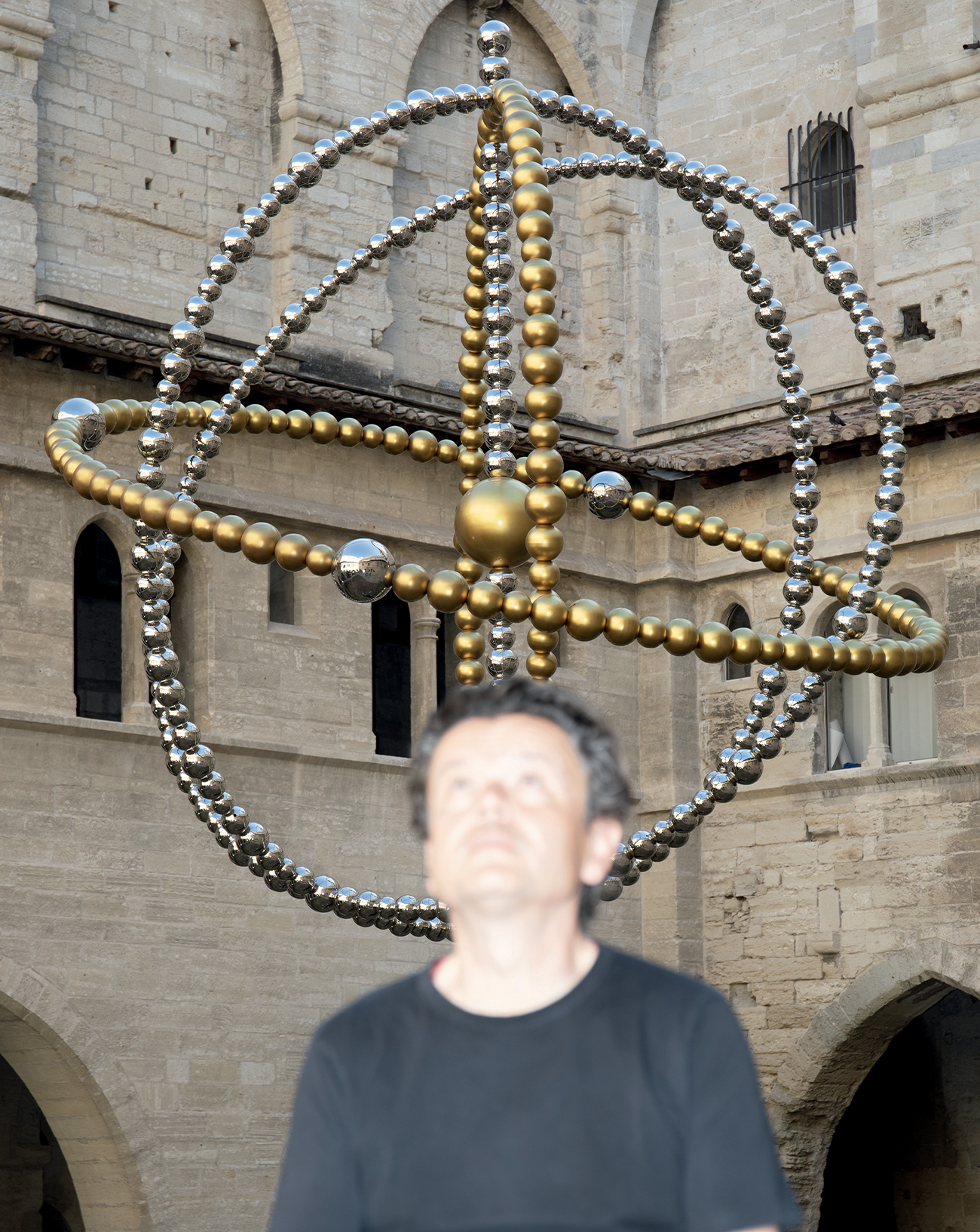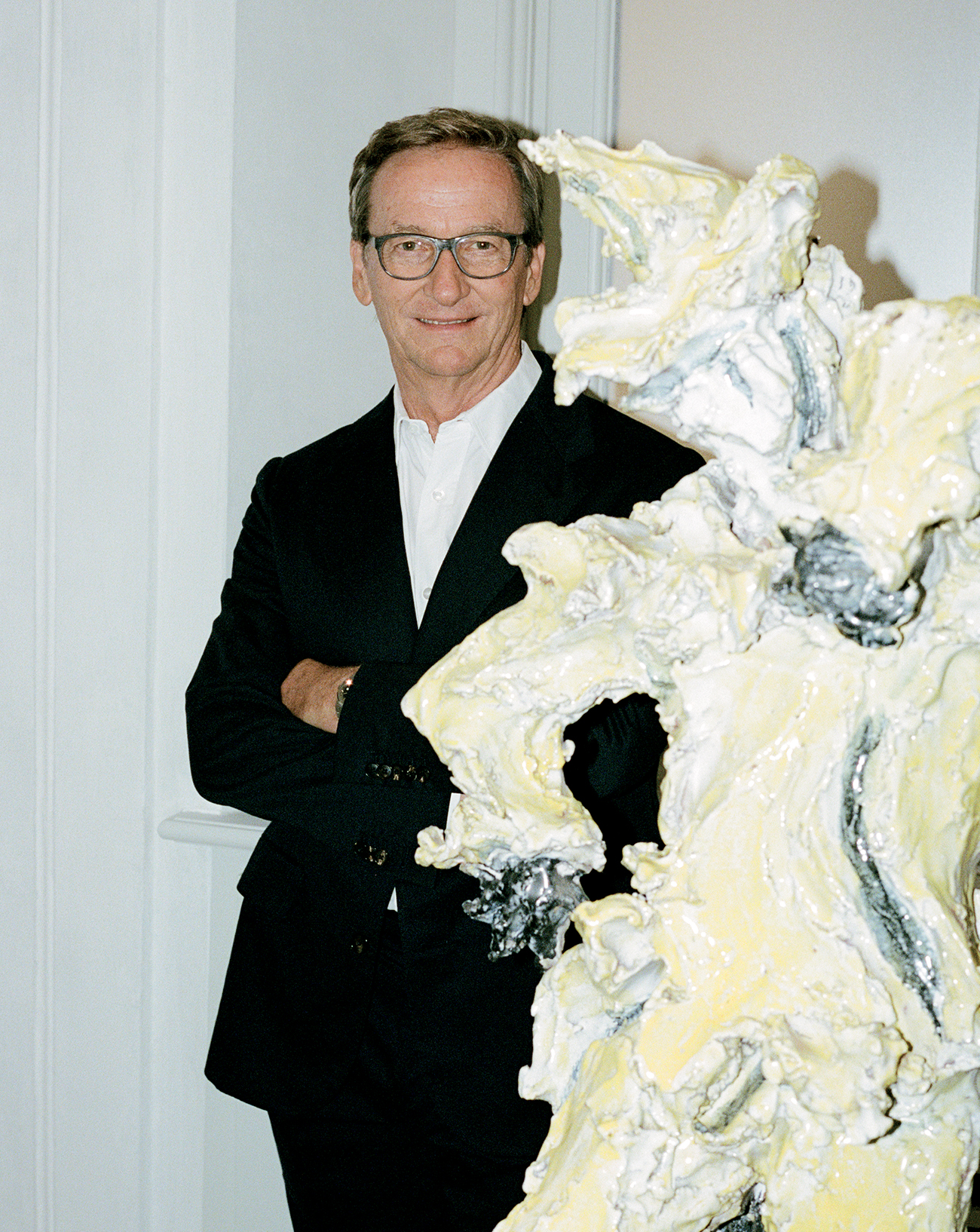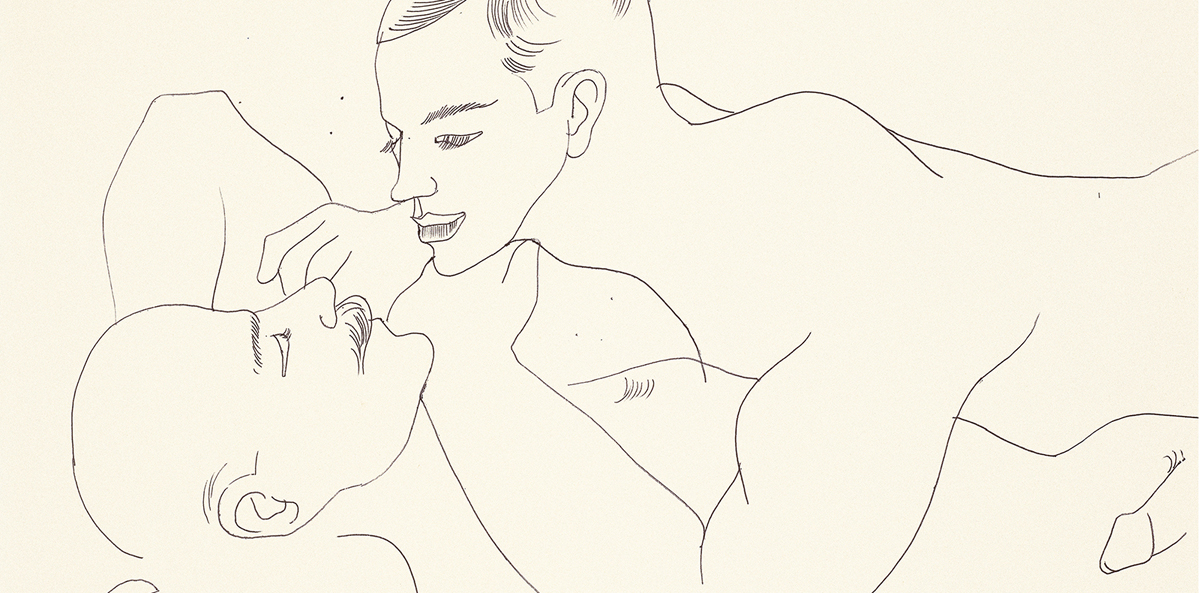
20
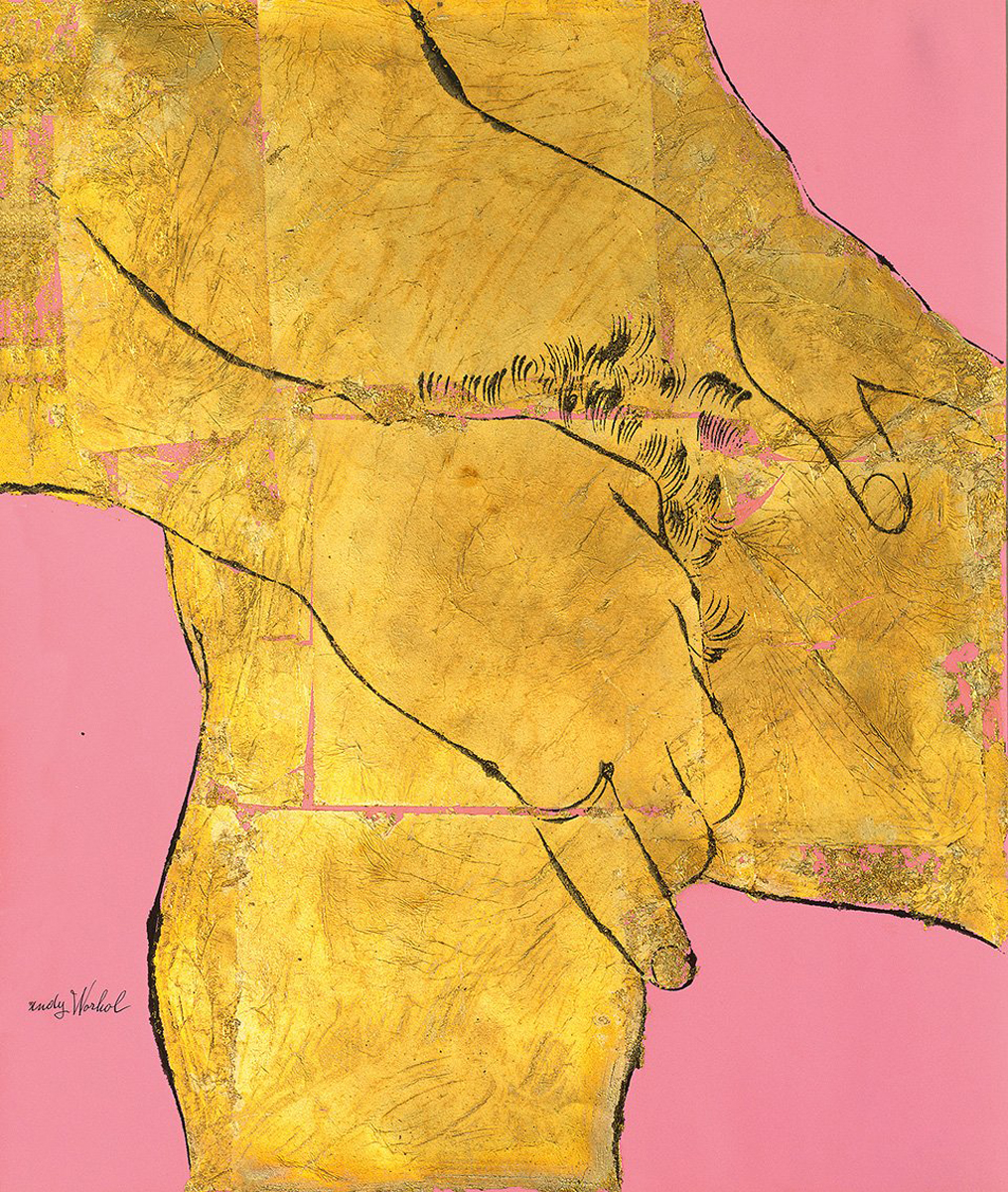
20
Andy Warhol and his early homo-erotic drawings
Famous for his prolific production of paintings and screen prints, Andy Warhol was first and foremost an illustrator who sketched endlessly in his private life while advancing his advertising career. Following the major retrospective at the Tate Modern, Taschen have published a new book featuring more than 300 drawings of men, dating back to the 1950s, and revealing the early flames of the artist’s desire.
By Matthieu Jacquet.
Back in 1949, aged just 21, Andy Warhol moved to New York where he began a career as an advertising illustrator for prestigious fashion magazines, from Glamour and Harper’s Bazaar to Vogue. While his famous Campbell’s Soup Can and his screen prints of Marilyn Monroe had yet to be unleashed, the American was already asserting a tenacious artistic will expressed almost uniquely through the technique of drawing. Alongside his professional sketches, he would fill endless blank pages with flowers, cats, birds, and of course, human beings. Rapidly, men became his subject of choice as the artist tentatively began to assume his homosexuality. On paper, he gave free rein to his fantasies, sketching moments of intimacy shared by a pair of youths, fragments of naked bodies, torsos, phallus, buttocks. His sketches are recognisable by a recurring graphic aspect: an almost total absence of colouring in and nuance, continuous fine lines in ink and open forms with unfinished contours, which cannot help but remind us of the drawings by a certain Jean Cocteau.
Disregarding a society that was still predominantly homophobic, Andy Warhol exhibited these works for the first time in New York in 1956, but they were soon eclipsed by the paintings and screen prints he began producing in the early 1960s. As his fame grew, and particularly after his death in 1987, his drawings garnered more and more attention, especially from the German collector and gallery owner Daniel Blau, who collated them in several publications. Now, after the major retrospective devoted to the American artist by the Tate Modern – where even his emblematic wigs were featured – the publishers Taschen have turned the spotlight to this important aspect of his career. Substantial in size, their new book Andy Warhol. Love, Sex, and Desire. Drawings 1950-1962 brings together more than three hundred drawings produced over a period of twelve years, revealing the tenderness, love and desire of a young man as well as his assumed homoeroticism. Published in collaboration with Michael Dayton Hermann and the Andy Warhol Foundation, the book also includes several essays that help us understand how these founding works nourished the man who, just a few years later, would become the pope of pop art. The life of the famous artist is also set to be interpreted by actor Jared Leto in a biopic directed by Terence Winter.
Andy Warhol. Love, Sex, and Desire. Drawings 1950–1962 (2020), published by Taschen.
Back in 1949, aged just 21, Andy Warhol moved to New York where he began a career as an advertising illustrator for prestigious fashion magazines, from Glamour and Harper’s Bazaar to Vogue. While his famous Campbell’s Soup Can and his screen prints of Marilyn Monroe had yet to be unleashed, the American was already asserting a tenacious artistic will expressed almost uniquely through the technique of drawing. Alongside his professional sketches, he would fill endless blank pages with flowers, cats, birds, and of course, human beings. Rapidly, men became his subject of choice as the artist tentatively began to assume his homosexuality. On paper, he gave free rein to his fantasies, sketching moments of intimacy shared by a pair of youths, fragments of naked bodies, torsos, phallus, buttocks. His sketches are recognisable by a recurring graphic aspect: an almost total absence of colouring in and nuance, continuous fine lines in ink and open forms with unfinished contours, which cannot help but remind us of the drawings by a certain Jean Cocteau.
Disregarding a society that was still predominantly homophobic, Andy Warhol exhibited these works for the first time in New York in 1956, but they were soon eclipsed by the paintings and screen prints he began producing in the early 1960s. As his fame grew, and particularly after his death in 1987, his drawings garnered more and more attention, especially from the German collector and gallery owner Daniel Blau, who collated them in several publications. Now, after the major retrospective devoted to the American artist by the Tate Modern – where even his emblematic wigs were featured – the publishers Taschen have turned the spotlight to this important aspect of his career. Substantial in size, their new book Andy Warhol. Love, Sex, and Desire. Drawings 1950-1962 brings together more than three hundred drawings produced over a period of twelve years, revealing the tenderness, love and desire of a young man as well as his assumed homoeroticism. Published in collaboration with Michael Dayton Hermann and the Andy Warhol Foundation, the book also includes several essays that help us understand how these founding works nourished the man who, just a few years later, would become the pope of pop art. The life of the famous artist is also set to be interpreted by actor Jared Leto in a biopic directed by Terence Winter.
Andy Warhol. Love, Sex, and Desire. Drawings 1950–1962 (2020), published by Taschen.
